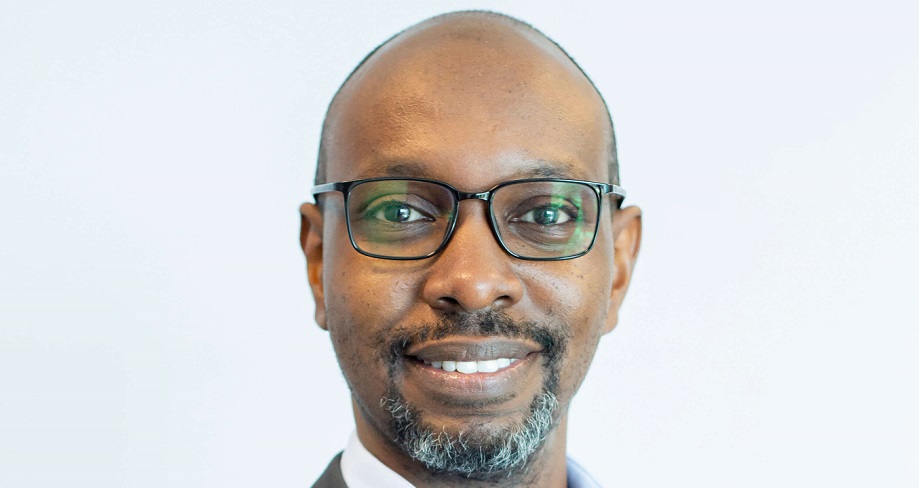The Rwanda-based Katapult Africa is setting up accelerators and investment vehicles for startups within the climate and food-tech sectors in Africa, a novel approach, but one its country director Philip Gasaatura believes will pay off from both impact and profit perspectives.
Gasaatura was speaking as part of episode one of “The month in VC”, a new monthly podcast series focused on all things venture capital launched by Disrupt Africa in partnership with Katapult Africa, Grindstone Ventures and Kalon Venture Partners.
Founded in 2016 in Norway to make impact investments via accelerator programmes, Katapult has a number of funds and has invested in around 65 companies around the world. In Africa, where it has invested in 38 companies, it has a relatively unusual focus when it comes to the verticals in which it invests.
“Initially the first focus was on ocean and climate, and as it expanded we kickstarted a third vertical which was wholly dedicated to Africa, and this focus is around climate and food. Our focus is on early-stage funding, so pre-seed and seed level. We help startups in terms of the programme, and see how we can help them with scale,” said Gasaatura.
The company’s focus is very pan-African, with it having made investments in a number of countries on the continent. With such a broad geographic focus, and its zeroing in on niche but pivotal sectors, Katapult is clearly seeking to create significant impact. Yet it also wants to turn a profit. Do the two go hand in hand?
“The mission at the core of Katapult is we believe we can make profit because of impact. We think there is an opportunity to do business in this space. While we are unique in this space there are others that play a positive role, and frankly is good to see more activity in this space,” said Gasaatura.
He cites companies such as Crop2Cash and Complete Farmer as Katapult portfolio companies that are especially exciting and impactful, but says the climate and food-tech spaces in general are full of great companies. Whereas Katapult’s LPs have generally been family offices, its African funds have attracted corporate initiatives, pension funds, and family offices. Why the decision to base itself out of Kigali.
“Apart from me getting to live in a beautiful city, Kigali has a lot to offer in terms of being able to get connected to anywhere on the continent. Otherwise there is a financial centre that offers a few incentives, and that is why we were keen,” said Gasaatura.
Bringing more to the table than just capital is at the core of Katapult.
“We come in at that point where we are helping companies through their growth. What does that growth strategy mean? Africa is rather different to other markets, so we help with that, and growth is integral to the accelerator programme,” said Gasaatura.
“We also help with investment strategy – not just investment readiness for the next round, but thinking about the next three-to-five years. What does that strategy look like? And finally, we like to enable other companies to see their role in having impact within society.”
That’s Katapult, then, but who is Philip Gasaatura, and how did this Ugandan come to be living in Rwanda, and investing in African tech startups for a living?
“My background is in investment banking, and I lived about 12 years in the UK, mostly on trading floors, before I packed my bags and moved to Kigali to try my hand at entrepreneurship. It was a real eye opener to the challenges that entrepreneurs on our continent face,” he said.
Immediately prior to joining Katapult he was advising the Rwandan government on setting up VC funds.
“I see myself as someone who is really interested in growth of startups, not just in Rwanda but across the continent as well,” said Gasaatura.
Does having an entrepreneurial background help make you a better investor? He believes it does.
“You can understand the constraints and the challenges, you are able to help join the investor with the entrepreneur,” he said. “At the end of the day, the investor would like a return, and the entrepreneur would like to grow a successful business, so having that challenge does help.”
Focusing on food and climate tech is a novel approach, but Gasaatura believes it is the correct one, and one that has plenty of potential for scale.
“When I moved back to Rwanda in 2012 I was doing a venture in the agri-tech space, and there was no venture capital at all. I remember visiting every VC company in Sub-Saharan Africa but they wouldn’t touch it. It’s really exciting to see more of that come in, and as Katapult we have been looking at a number of companies in our deal flow process. It is exciting to see the solutions to the challenges that come through,” he said.
The next step beyond funding, he said, will be startups moving from market to market. The biggest challenges faced by startups in this regard is the quality of the founding team.
“Understanding that a product is not a business, and that you need to drive the business side, is the gap in terms of the ability to have growth teams within a company,” Gasaatura said.
What does the future hold for Katapult?
“Over the next four-to-five years we are looking at investing in 60-80 companies,” said Gasaatura.


